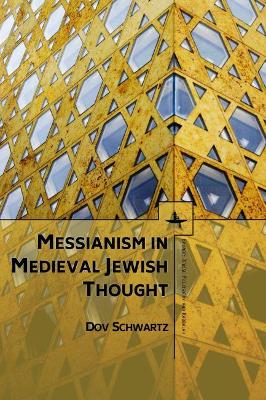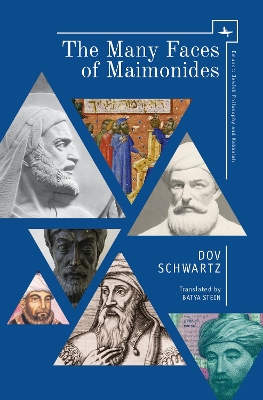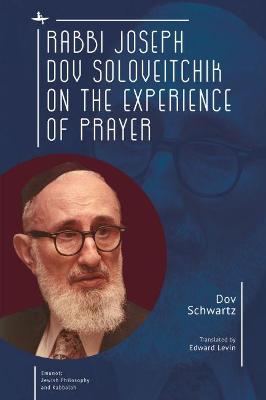Emunot: Jewish Philosophy and Kabbalah
3 total works
How did medieval Jewish scholars, from Saadia Gaon to Rabbi Isaac Abarbanel, imagine a world that has experienced salvation? Is the Messianic reality identical to our current world, or is it a new world entirely? This work explores how a rationalist can remain calm in light of the seductive promises of the various apocalyptic teachings of Antiquity regarding the Messianic world. This book deals with the encounter between thinking based on pure reason, on the one hand, and the imagination seeking a vision of the future, on the other. The tension between a naturalistic approach and an apocalyptic approach to the history of the messianic idea--which is fundamental to this history of Jewish philosophy in the Middle Age--is surveyed here expansively, relying on dozens of print sources as well as manuscripts
This volume offers a new reading of Maimonides' Guide of the Perplexed. In particular, it explores how Maimonides' commitment to integrity led him to a critique of the Kalam, to a complex concept of immortality, and to insight into the human yearning for metaphysical knowledge. Maimonides' search for objective truth is also analyzed in its connection with the scientific writings of his time, which neither the Kalam nor the Jewish philosophical tradition that preceded him had endorsed.
Through a careful analysis of these issues, this book seeks to contribute to the understanding of the modes of thought adopted in The Guide of the Perplexed, including the "philosophical theologian" model of Maimonides' own design, and to the knowledge of its sources.
Through a careful analysis of these issues, this book seeks to contribute to the understanding of the modes of thought adopted in The Guide of the Perplexed, including the "philosophical theologian" model of Maimonides' own design, and to the knowledge of its sources.
This book is devoted to Rabbi Joseph B. Soloveitchik's discussions on the practice of prayer. Prayer is analyzed across a broad and complex spectrum in Soloveitchik's work, and his writings describing and analyzing the experience of prayer afford a profound insight into its diversity, ranging from existential crisis to communion with God.
Through a careful reading of R. Soloveitchik's texts dealing with this topic, the book follows the consciousness of prayer across its various stages until maturity, starting with an analysis of Worship of the Heart, through to Reflections on the Amidah and other writings.
Through a careful reading of R. Soloveitchik's texts dealing with this topic, the book follows the consciousness of prayer across its various stages until maturity, starting with an analysis of Worship of the Heart, through to Reflections on the Amidah and other writings.


